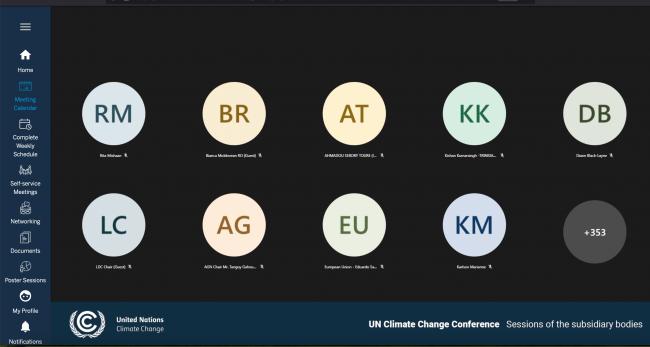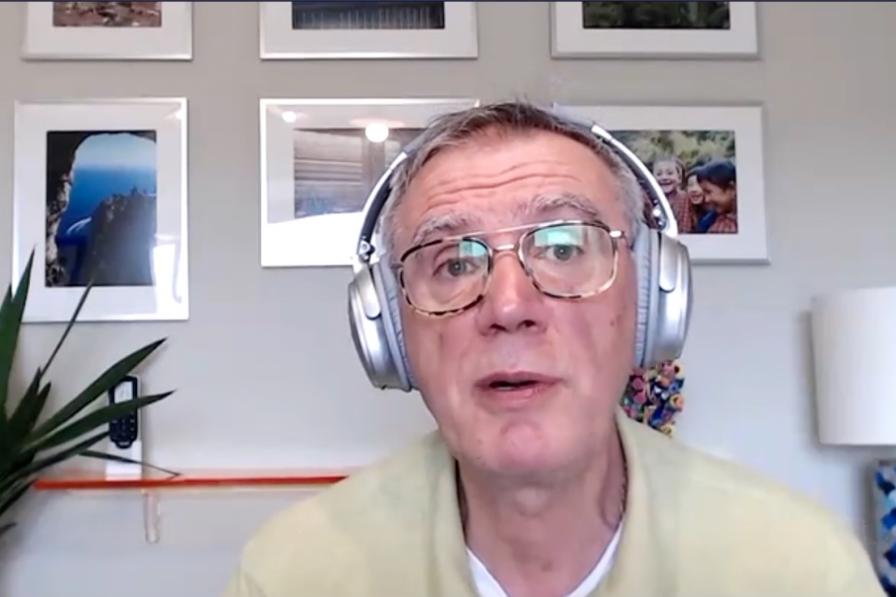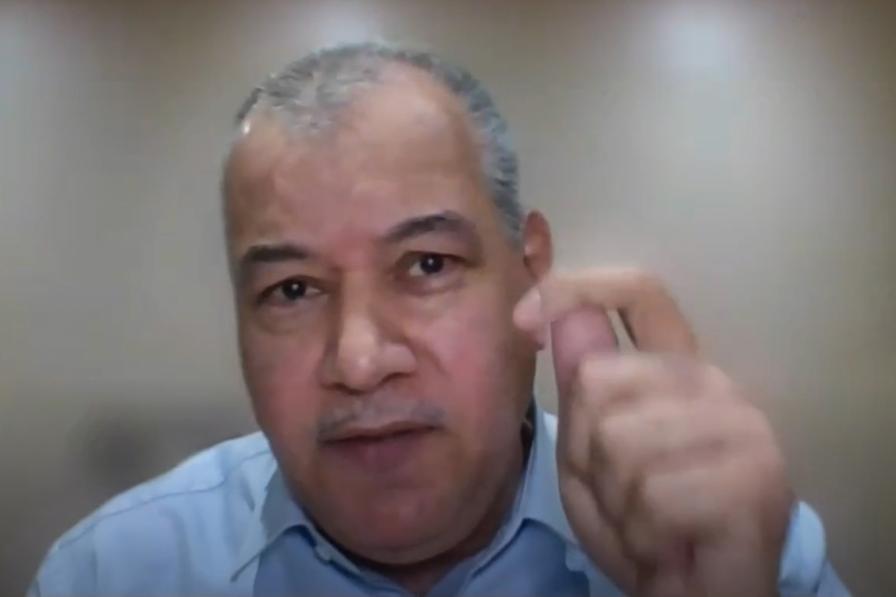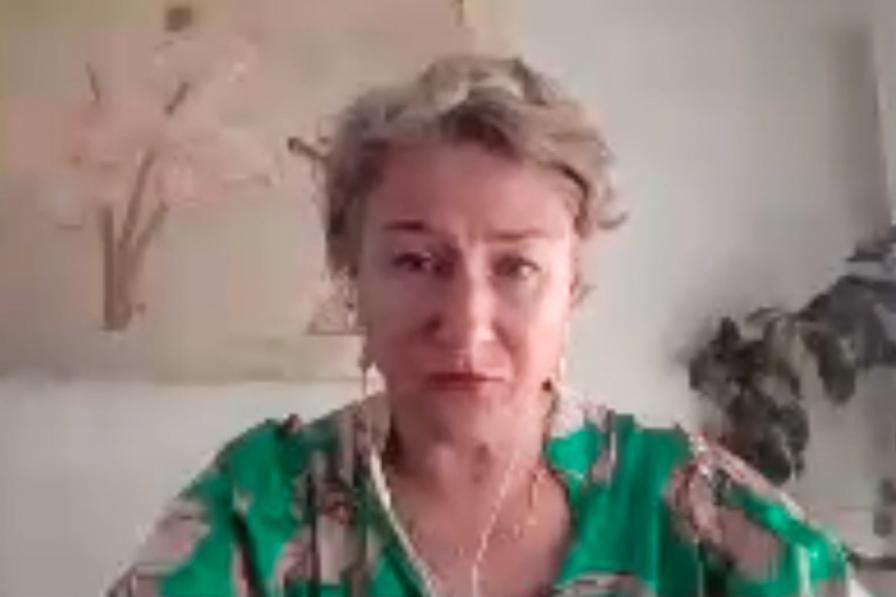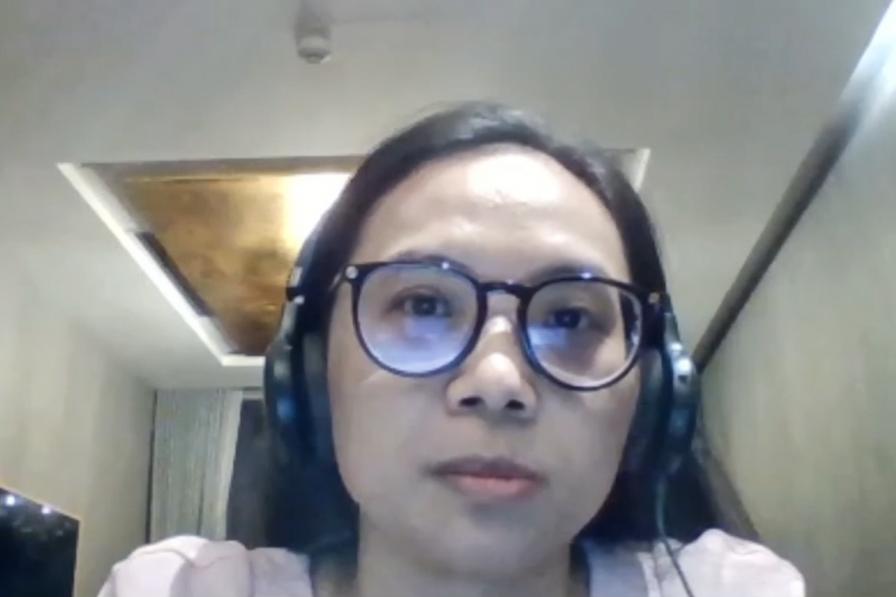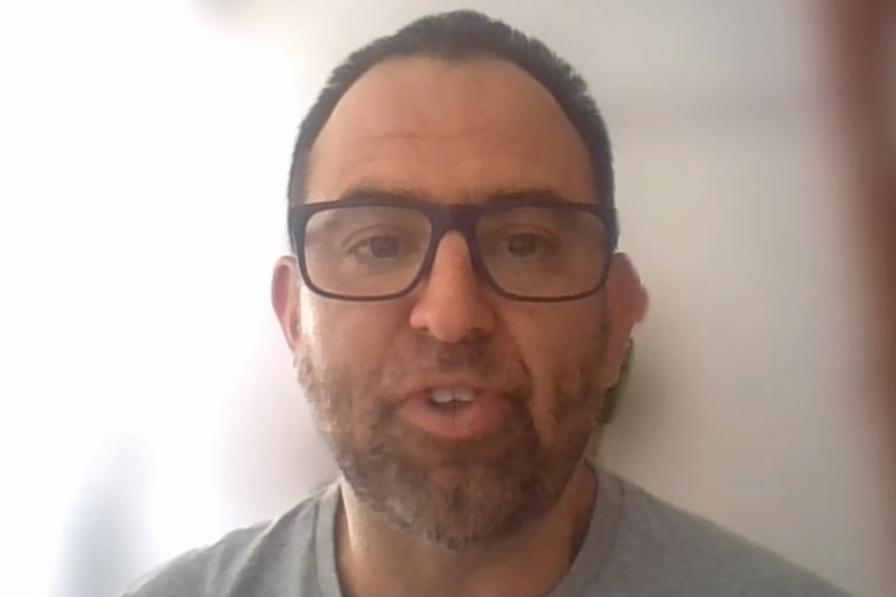The May-June 2021 UN Climate Change Conference wrapped up its first week of virtual meetings. To take stock of discussions during the busy first week, the Chairs gathered delegates together on one call to hear updates and to prepare for the second week.
Informal consultations took place on:
- Article 6 of the Paris Agreement (market and non-market approaches), with a focus on how to ensure the overall mitigation of global emissions (OMGE);
- financial and technical support for the preparation of developing countries’ reports;
- response measures;
- national adaptation plans (NAPs); and
- budget.
Financial and technical support
Delegates discussed the current support provided to help developing countries complete their national reports. The Global Environment Facility updated participants on the support provided recently, and on plans for supporting countries for reporting under the enhanced transparency framework of the Paris Agreement. Developing countries cited several challenges in accessing support, and called for enhanced support to meet their scaled-up Paris Agreement reporting obligations. All countries agreed on the importance of supporting reporting under the Paris Agreement, but disagreed on which agenda item should discuss the issue.
Forum on the impacts of the implementation of response measures
Delegates disagreed on whether to hold a session of the Katowice Committee of Experts of the impacts of the implementation of response measures (KCI) prior to COP 26 to make up for a KCI session missed in 2020 due to the Covid-19 pandemic. Developing country parties proposed that the response measures forum address trade measures such as carbon border tax adjustments, while developed countries said this was not within the scope of the forum's workplan.
Article 6: implementing overall mitigation in global emissions in the mechanism
Parties considered the optimal method(s) for implementing OMGE, and how the impact on OMGE can be aggregated and reported. Disagreements related to whether OMGE could occur by cancelling credits, and, if so, whether this should be voluntary or mandatory, or be accompanied by corresponding adjustments to nationally determined contributions (NDCs). Countries also disagreed on whether OMGE should apply to Article 6.2 (cooperative approaches) as well as Article 6.4 (the mechanism).
National adaptation plans
Participants discussed the reports on gaps and needs to help countries formulate and implement NAPs. They also discussed ways to assess progress in adaptation, particularly to assist the Global Stocktake’s efforts to assess global adaptation action in 2025. Links between the pandemic and climate adaptation were repeatedly drawn, including the delays to planning and implementing adaptation actions created by the health crisis. Many developing countries pointed out the need to support the implementation of NAPS, not only their formulation. Several countries noted the need for coordination among the many organizations and activities relating to NAPs.
Stocktaking plenaries
The Co-Facilitators provided an update on all of the agenda items so far. In their statements, countries thanked the Secretariat and chairs for their efforts convening the conference in a virtual format.
The interventions also showed parties' differing expectations for the meeting. Some called for more rapid, substantive progress and the use of procedural tools such as informal-informal meetings and informal notes to guide discussions. Other countries disagreed with the use of such procedures in a virtual meeting, given differing time zones and connectivity and the agreement that no decisions would be made at this meeting. There were several calls for fully including observers in the meeting.
There were calls for balance progress across items, and the crucial need for support to developing countries to undertake climate action. The Alliance of Small Island States called for parties to recognize the big picture, that we’re facing a planetary emergency.
To receive continuing coverage of this event delivered to your inbox, subscribe to the ENB Update newsletter.
